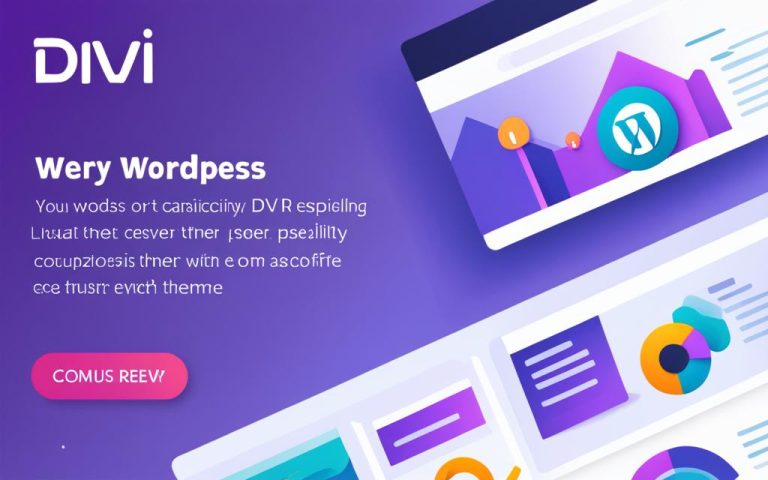SEO Startup Guide: Understanding the Essentials
Welcome to our comprehensive SEO startup guide that will equip you with the essential knowledge and strategies to boost your online visibility and drive organic traffic to your startup website. In today’s digital landscape, SEO is more crucial than ever in gaining a competitive edge. By implementing effective search engine optimization techniques, you can increase your website’s rankings in search engine results, attract more organic traffic, and ultimately, achieve your business goals.
Search engine optimization (SEO) is the key to unlocking the full potential of your startup. It involves optimizing your website’s content, conducting thorough keyword research, and earning valuable inbound links. By doing so, you can enhance your website’s visibility, attract more organic traffic, and improve your online presence.
With our SEO startup guide, you will learn the intricacies of SEO and discover proven strategies to propel your startup to success. From understanding how SEO works to implementing core components such as technical setup, content optimization, and link building, we will provide you with actionable insights and tips to establish a strong online foundation.
In the following sections, we will delve deeper into how SEO functions, explore the three core components of a robust SEO strategy, and provide you with practical steps to optimize your website effectively. By the end of this guide, you will have the knowledge and tools necessary to navigate the world of SEO and achieve remarkable results for your startup.
So, let’s dive in and unlock the secrets of SEO to drive online visibility, attract organic traffic, and position your startup for long-term success.
How Does SEO Work?
SEO, or search engine optimization, is a powerful strategy that aims to improve your website’s rankings and visibility in search engine results. By optimizing your website’s content and structure, you can increase organic traffic and attract more visitors to your site. So, how does SEO actually work? Let’s dive in.
Search engines, such as Google, Bing, and Yahoo, use complex algorithms to determine which websites should appear at the top of their search results. These algorithms consider a wide range of factors to evaluate the relevancy, quality, and usability of a website. By understanding these factors and tailoring your site accordingly, you can increase your chances of ranking higher and gaining better visibility.
When it comes to rankings, search engine algorithms analyze numerous elements of a website, including:
- The quality and relevance of the content
- Meta tags and descriptions
- Page load speed
- Mobile-friendliness
- Inbound and outbound links
By optimizing these aspects, you can demonstrate to search engines that your website offers valuable and reliable information to users. This, in turn, can improve your rankings and increase your visibility among potential visitors.
Visibility plays a crucial role in SEO. When your website ranks higher in search engine results, it becomes more visible to users searching for relevant information or products. This increased visibility leads to higher organic traffic, as users are more likely to click on websites that appear on the first page of search results.
To achieve better visibility and rankings, you need to develop and implement an effective SEO strategy. This strategy involves a combination of on-page and off-page optimization techniques:
- On-page optimization: This involves optimizing the content, keywords, headings, and meta tags on your webpages to improve relevancy and readability.
- Off-page optimization: This focuses on building high-quality backlinks from authoritative websites, social media promotion, and other techniques to improve your website’s authority and credibility.
SEO is not a one-time effort but an ongoing process. Regularly monitoring and adapting your strategy based on search engine algorithms and user behavior is crucial for long-term success.
Overall, SEO works by optimizing your website’s content and structure to improve rankings, visibility, and organic search traffic. By implementing a robust SEO strategy, you can enhance your online presence and attract more visitors to your startup.
Three Core Components of a Strong SEO Strategy
A strong SEO strategy is crucial for improving your online presence and driving organic traffic to your startup. It consists of three core components: technical setup, content optimization, and link building.
The technical setup involves optimizing your website’s structure and navigation to make it easily accessible and indexable by search engines. By implementing on-page strategies such as XML sitemaps and schema markup, you can enhance your website’s visibility in search engine results.
Content optimization focuses on creating high-quality, relevant, and informative content that aligns with search intent. By conducting keyword research and incorporating targeted keywords into your content, you can improve your website’s rankings and attract organic traffic.
Link building plays a vital role in improving your website’s authority and visibility. By earning backlinks from reputable and authoritative websites, you can signal to search engines that your content is credible and valuable. Off-page strategies such as guest blogging and outreach campaigns can help you acquire these valuable backlinks.
By implementing these three core components, you can develop a comprehensive SEO strategy that boosts your startup’s online presence, improves rankings, and drives organic traffic.
FAQ
What is SEO?
SEO stands for search engine optimization. It is a strategy used to improve a website’s presence in search engine results and drive organic traffic.
How does SEO work?
SEO works by optimizing a website’s content and structure to make it more relevant and valuable to search engines. This helps improve the website’s rankings and visibility in search results.
What are the core components of a strong SEO strategy?
A strong SEO strategy consists of three core components: technical setup, content optimization, and link building. The technical setup ensures that the website is easily accessible and indexable by search engines. Content optimization focuses on creating high-quality and relevant content with targeted keywords. Link building involves earning backlinks from reputable websites to improve the website’s authority and visibility.
Why is online visibility important for a startup?
Online visibility is important for a startup as it helps increase brand awareness, attract potential customers, and drive organic traffic to the website. A strong online presence can contribute to the success and growth of a startup.
How can SEO help improve organic traffic?
SEO can help improve organic traffic by optimizing the website’s content and structure to make it more relevant and valuable to search engines. This helps the website achieve higher rankings in search results, leading to increased visibility and ultimately driving more organic traffic.














